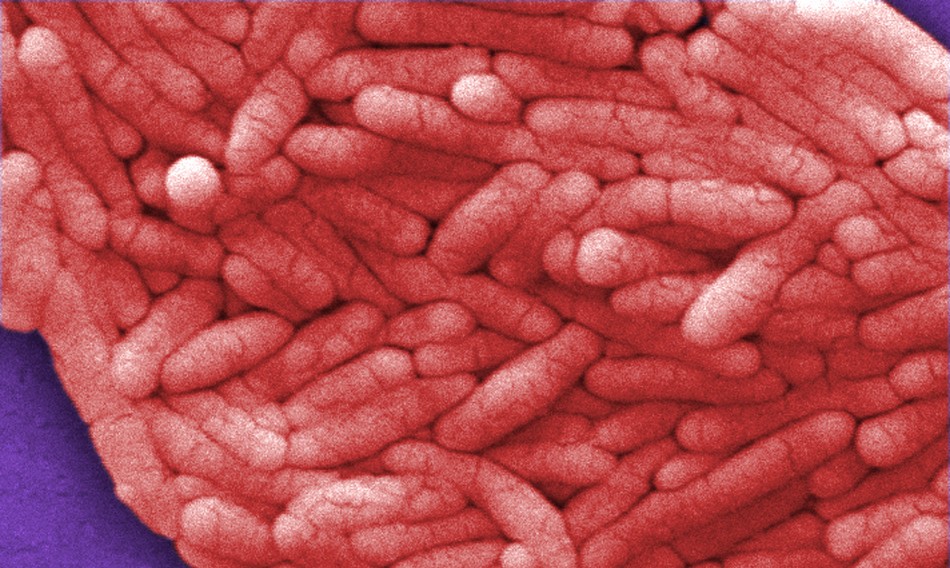Authorities are investigating two salmonella outbreaks that have so far sickened 23 people. The illnesses have been linked to contact with pet bearded dragons.
About half of the people who got sick were young children less than one year old, the U.S. Centers for Disease Control and Prevention (CDC) noted in its investigation notice. Eight out of the 23 people have had to be hospitalized, with illnesses being reported from 15 states so far, including California, New York, Iowa, Utah and Oklahoma.
“The true number of sick people in an outbreak is likely much higher than the number reported, and the outbreak may not be limited to the states with known illnesses,” the agency said.
The outbreaks have been linked to two separate salmonella strains, with 10 of the patients affected by the Salmonella Vitkin strain and 13 affected by Salmonella IIIb 61:z52:z53.
Authorities were able to interview 20 of the patients, and 11 (55%) said that they came in contact with a pet bearded dragon in the week before they fell ill. Whole genome sequencing also revealed that the samples from the patients were “closely related genetically,” indicating that they “likely got sick from the same type of animal.”
Investigators are now working to identify whether there was a common supplier for the reptiles.
Authorities are urging owners of bearded dragons to take extra precautions with their pets and their habitats. As the agency explained, bearded dragons can carry Salmonella in their droppings even if they appear perfectly clean and healthy. The pathogen could then spread to their bodies and the area they move in “easily.”
“You can get sick from touching your bearded dragon or anything in its environment and then touching your mouth or food and swallowing Salmonella germs,” the CDC noted.
This is why practicing good hand hygiene is one of the key steps to staying healthy around bearded dragons. Owners of such reptiles should remember to wash their hands thoroughly with soap and water after handling or feeding their pets and after touching or cleaning their habitats and supplies.
This is especially important if one is going to touch or feed a young child after handling the pet. According to the CDC, young children, those with weakened immune systems and the elderly are particularly at a higher risk of getting sick from the germs from reptiles and amphibians.
It would also be best to not snuggle with the pet bearded dragon and to avoid eating or drinking close to it.
“If you decide that a reptile or amphibian is the right pet for you, it’s important to learn how to properly care for your pet,” the agency said, sharing some important safety tips for pet bearded dragon owners. “Appropriate husbandry and veterinary care can help keep you both safe from illness.”
















